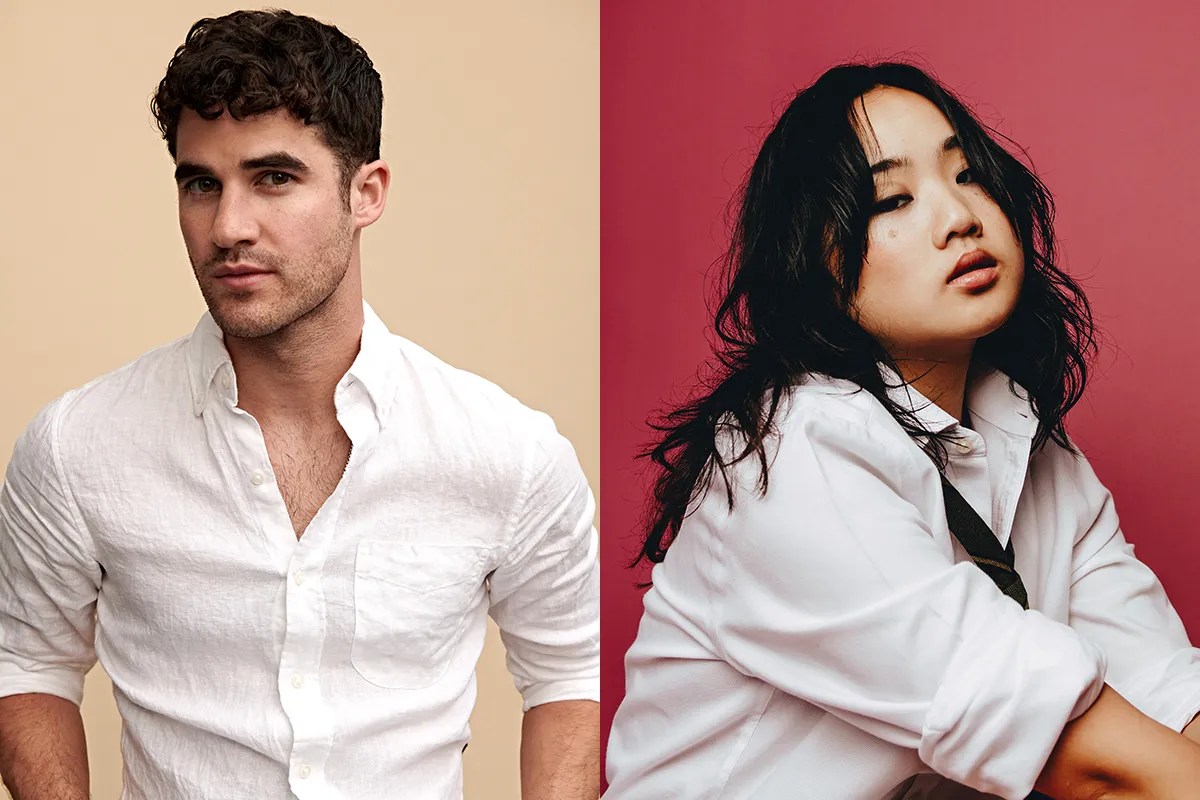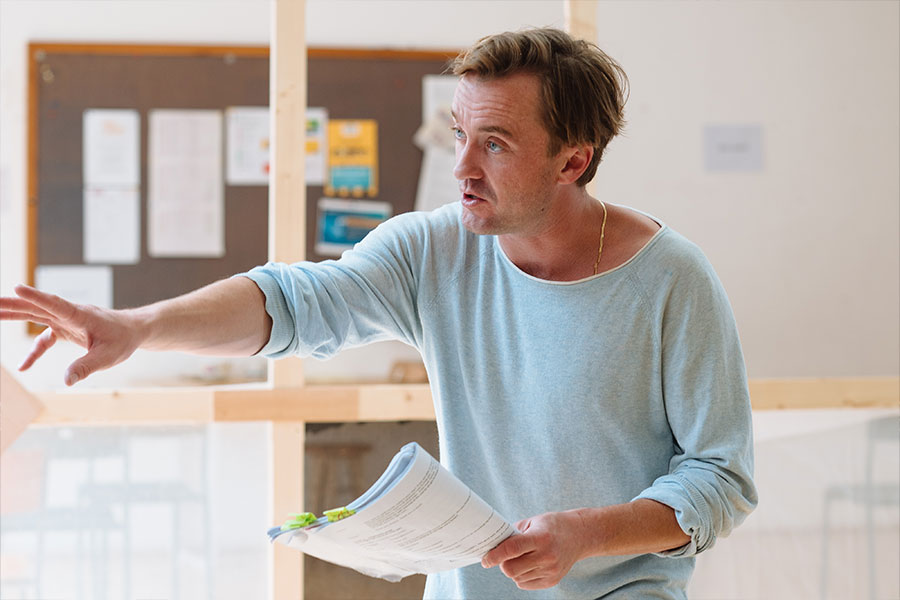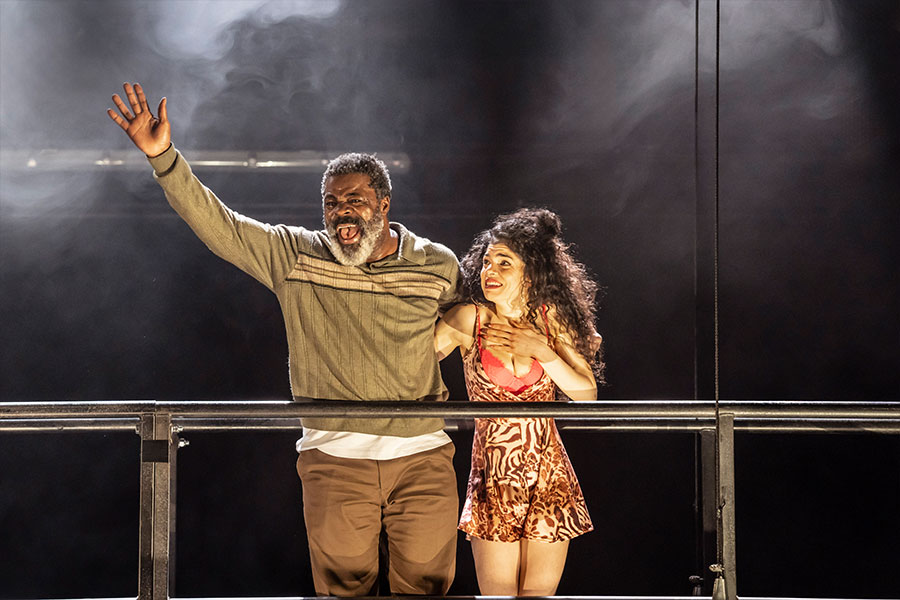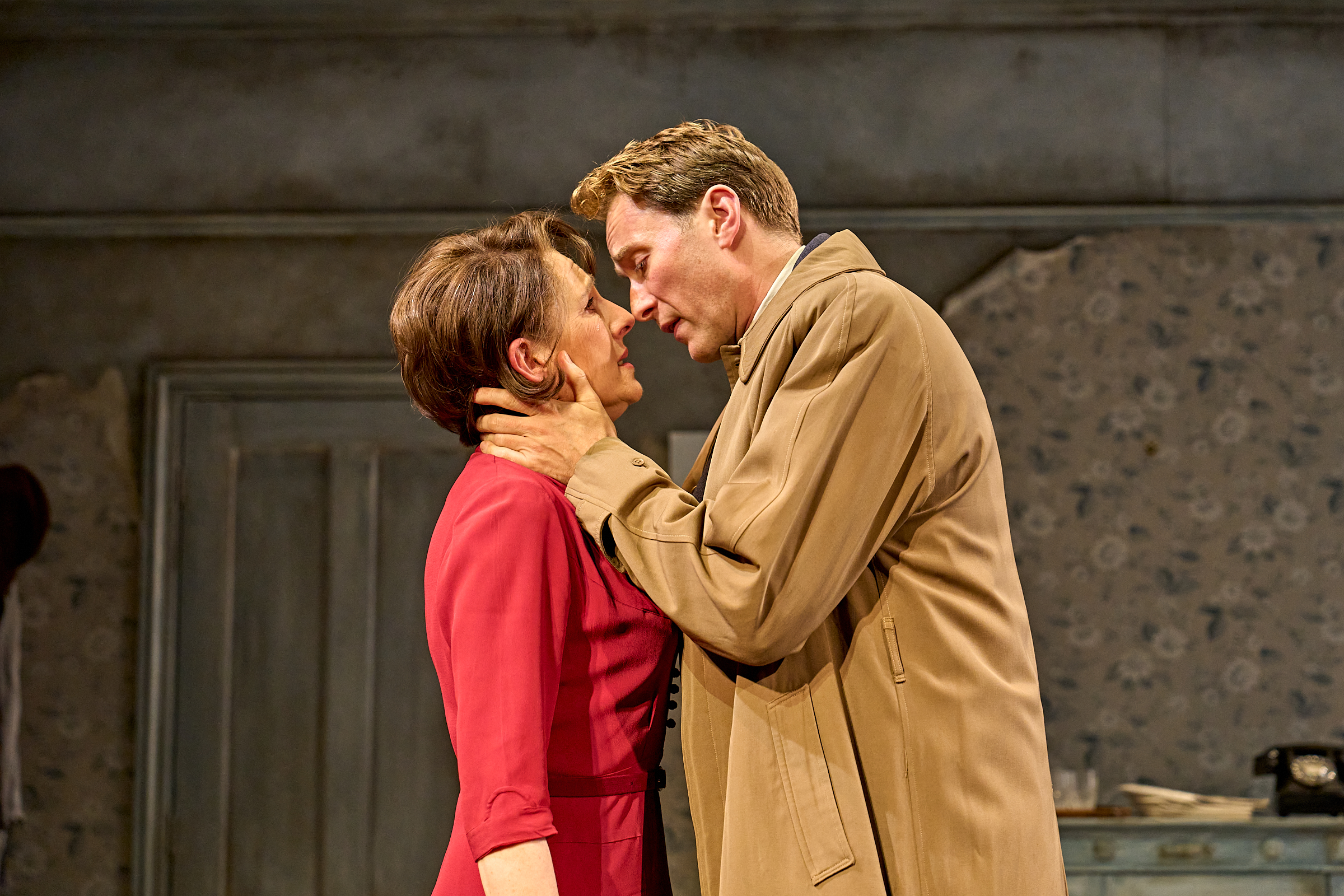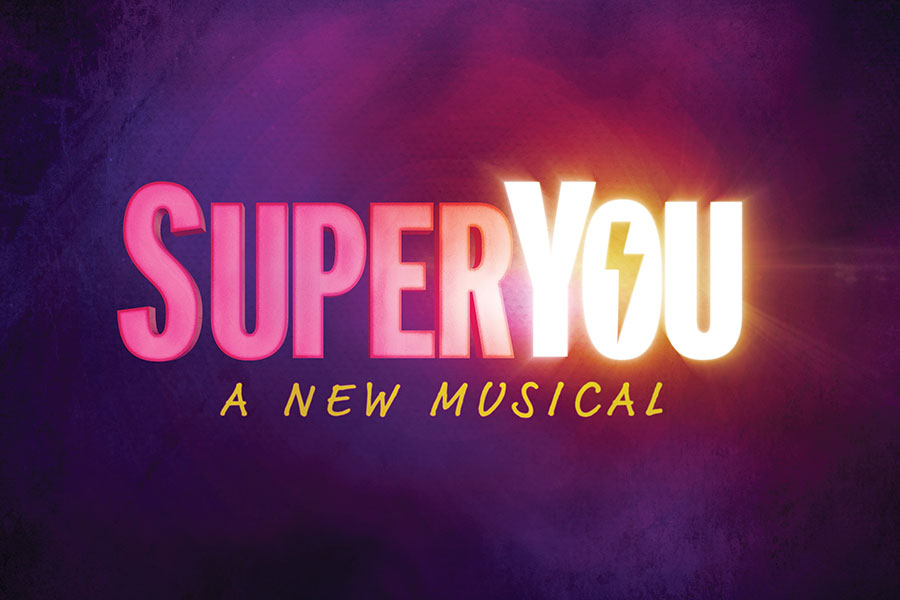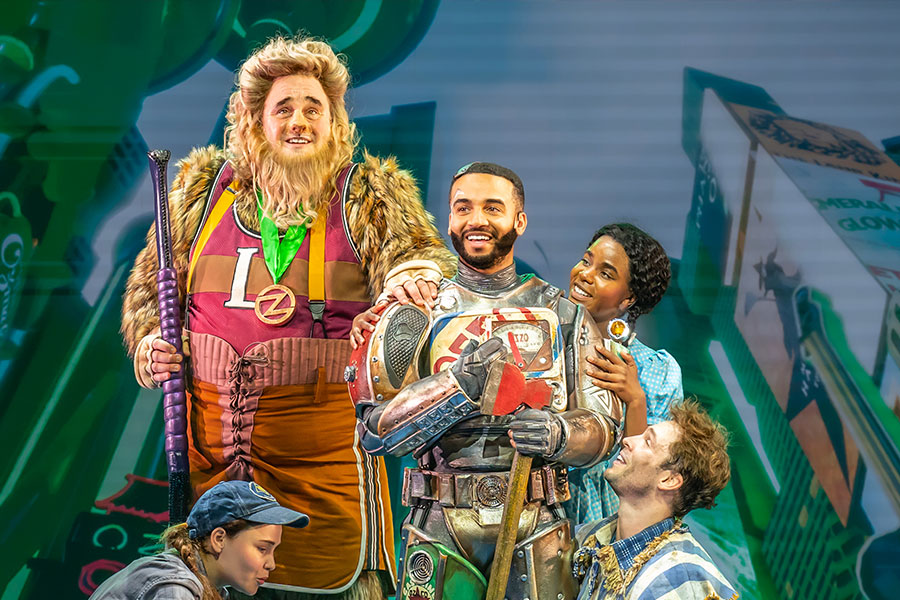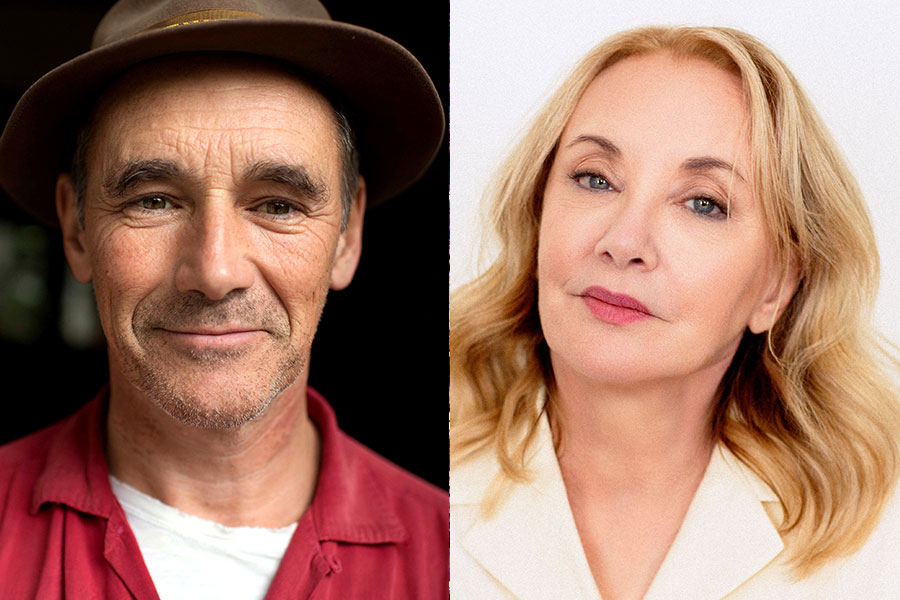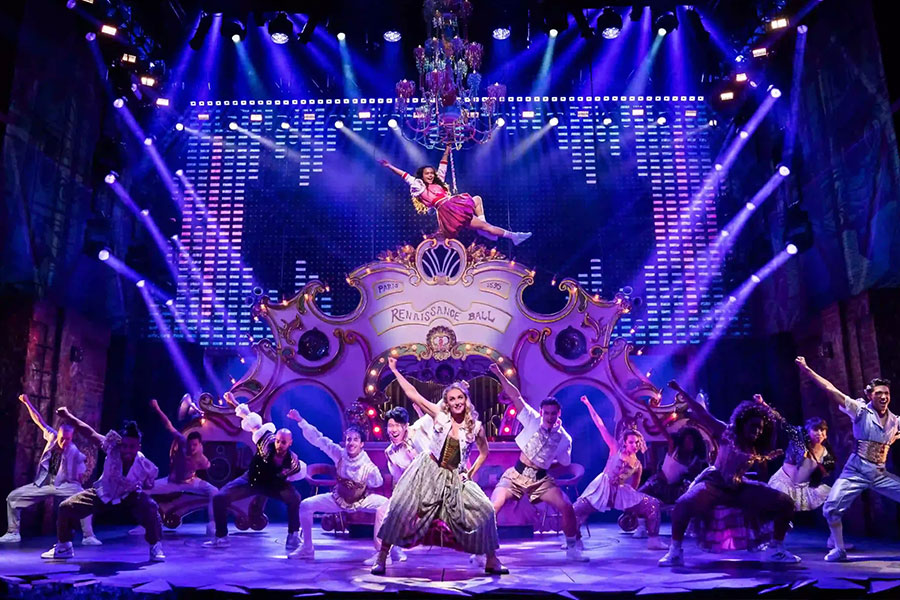Coffee House (Chichester)
Carlo Goldoni, the 18th-century playwright who originated the play upon which this adaptation is based, revolutionised Italian theatre. He abandoned commedia dell’arte and created comedies full of characters, characterisation and social comment, comparable to Molière. What he would have made of Rainer Werner Fassbinder’s confused 1969 adaptation (as newly translated here by Jeremy Sams), I cannot imagine.
Social satire, witty barbs aimed at the bourgeoisie and shysters getting their just desserts; all of this is replaced by an ugly undertone of cruelty, melodrama and infrequent laughter, dressed up in an eccentric surrealism reminiscent of Jean Genet. Unlike with Genet, however, by the end of this depressing evening, the audience has ceased to have any interest in the outcome of the convoluted relationships played out on stage.
Although Goldoni’s farce was originally set in Venice, Fassbinder’s version could easily be set anywhere else, or indeed nowhere at all. Goldoni’s characters were lightweight innocents; Fassbinder’s are unsympathetic, machinating and intense, their lives governed by sex and money. Everything can be bought – gambling debts, a wife’s fidelity and loyalty – all with a glum world-weariness, which is ultimately absorbed, with osmosis-like effect, by the audience as well.
As the title would suggest, the action unfolds in a coffee house, in which the characters gather to gossip and backstab. Backstabber and gossiper in chief is Don Marzio (played by Paul Bentall‘s demented Basil Fawlty on speed). Young buck Eugenio (Jamie Parker) is being taken for an expensive ride in Pandolfo’s gambling house next door by Count Leander (John Marquez). Sensuous siren Lisaura (a tart-without-a-heart) is the local temptress, and eventually teams up with Eugenio and Leander’s wives’ to expose and correct their spouses’ indiscretions and frailties. One couple reconciles while all the other characters carry on corruptly as before.
In Greta Cuneo’s spare, smart and prettily lit setting, what laughs there are derive from the actors throwing themselves at the script with a level of declamation, of which Sir Henry Irving would have been proud. Was there a more substantial set, I daresay it would have been chewed to oblivion.
For no reason in particular, characters appear in leather waistcoats and capes, carrying whips and a pair of six-guns in John Wayne-style holsters. Pantomime, melodrama, and third-rate philosophy mix uneasily in this muddled concoction.
Given the material, the cast perform gamely under Simon Gonella‘s direction but ultimately are defeated by the material. In particular, Barry McCarthy, as the elderly, downtrodden waiter, Trappolo, makes the most of what he has and provides the most amusement as the objective observer of his idiosyncratic customers.
To misquote Pirandello, The Coffee House is inevitably nine actors in search of a play. By the end of the proceedings, I’m afraid I couldn’t be bothered to help them find it.
– Stephen Gilchrist



